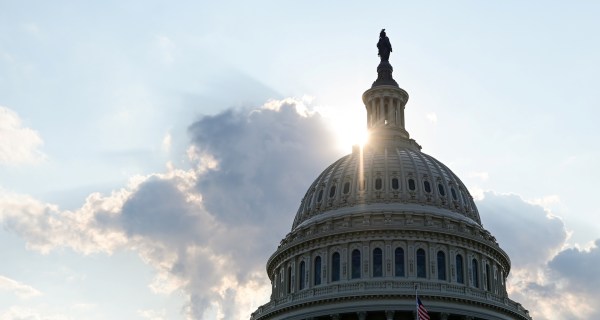
The U.S. Agency for International Development wants to crowdsource innovation to fight the current Zika outbreak and diseases of the future — using the model it employed to respond to the Ebola crisis in 2014.
The agency is offering a $30 million investment pot to innovators with groundbreaking ideas for technologies to combat the virus, which is spread primarily through mosquito bites, and other emerging diseases.
Specifically, the Combating Zika and Future Threats Grand Challenge seeks innovative solutions for improved and enhanced vector control, personal and household protection, surveillance, diagnostics, and community engagement to complement USAID’s current, broader efforts in mosquito control, prevention educational campaigns, and maternal and child health interventions.
The agency began taking applications from the general public Friday and will accept submissions until May 20. Awards are expected to be between $100,000 and $1 million.
“To get ahead of infectious diseases like Zika, we need to move quickly to find and scale new tools and transformative solutions,” Gayle Smith, USAID administrator, said in a release. “This Grand Challenge will help unlock the scientific and technological advancements needed to accelerate our impact in the fight against Zika virus, and ensure we are better prepared for future public health threats.”
While USAID’s main measure for successful submissions is that solutions be innovative and different than existing practices, the agency is also looking for ideas that are low-cost, environmentally friendly and quickly scalable, and have substantial near- and long-term impacts.
In addition to innovators with novel ideas, USAID is seeking “resource partners” to help with the development of those ideas through rapid prototyping, testing and the ability to deploy the solutions in a worldwide context, particularly Central and South America.
[Read more: USAID’s Ebola Grand Challenge]
USAID used a similar Grand Challenge model in 2014 when Ebola devastated West Africa. The agency funded a variety of innovations, including new personal protective equipment for first responders, decontamination chambers, and a coordination and communication system that helped fill the gaps in the region’s disparate telecommunications infrastructure.
“Anyone can go post an idea on this big open platform, and they can then seek feedback from a wide variety of creative thinkers and experts,” Wendy Taylor, director of the Center for Accelerating Innovation and Impact at USAID, told FedScoop about the Ebola Grand Challenge. “It’s really an incredibly powerful way to bring many people into the conversation and seek a wide variety of solutions.”






